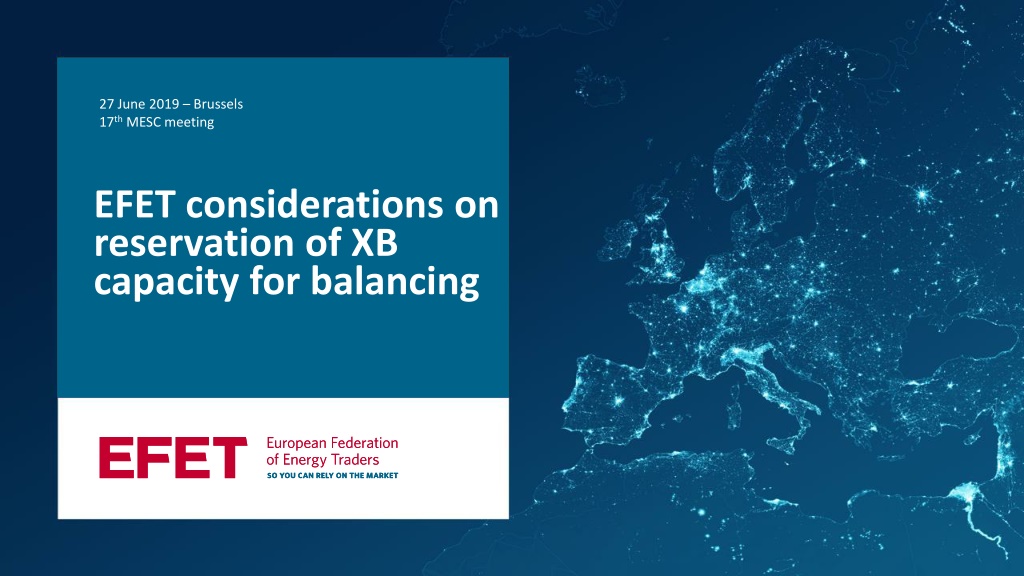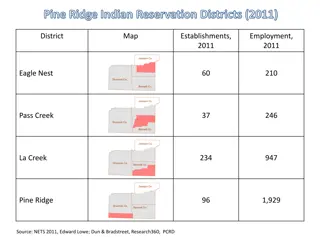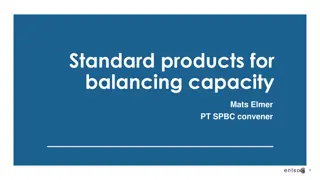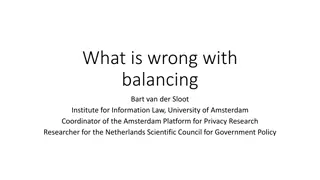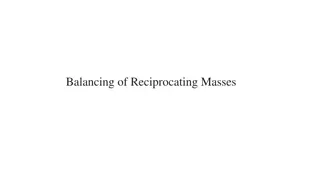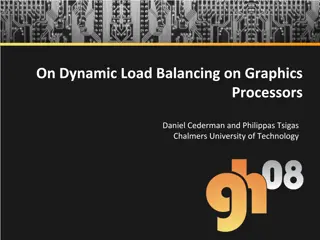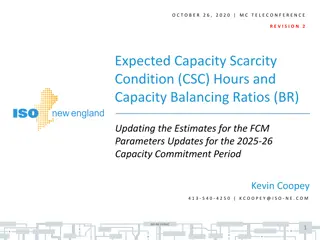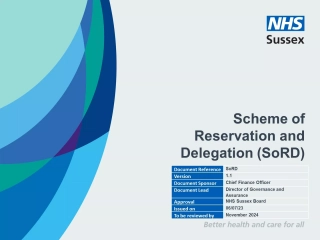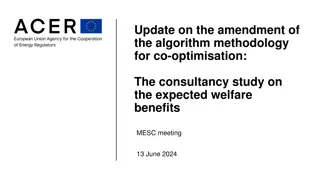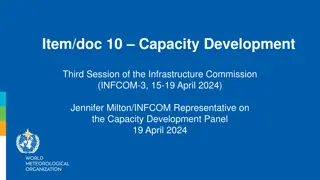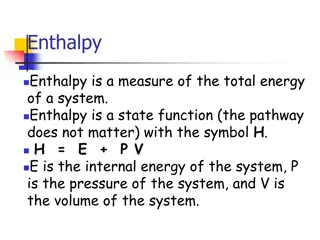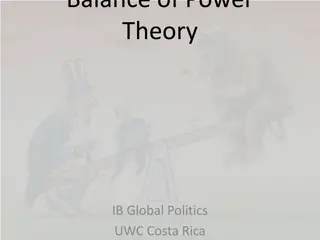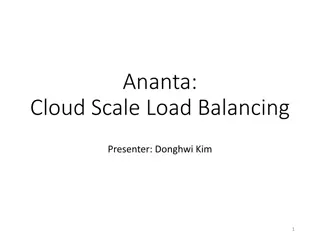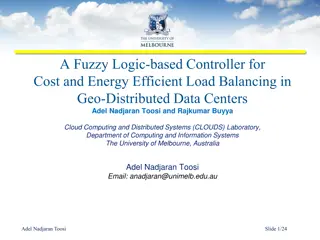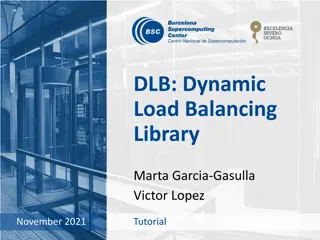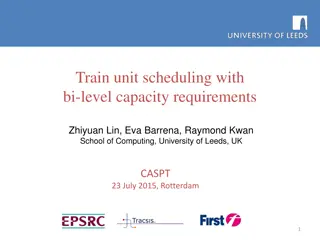EFET Considerations on XB Capacity Reservation for Balancing
EFET opposes TSOs reserving XB transmission capacity for balancing due to inefficiencies and missed opportunities in energy markets. Co-optimisation proposals face challenges in bid linking and uncertainty, impacting capacity allocation and balancing procedures. Stronger leadership from ENTSO-E is needed for optimal results.
Download Presentation

Please find below an Image/Link to download the presentation.
The content on the website is provided AS IS for your information and personal use only. It may not be sold, licensed, or shared on other websites without obtaining consent from the author. Download presentation by click this link. If you encounter any issues during the download, it is possible that the publisher has removed the file from their server.
E N D
Presentation Transcript
Conference name, 5 April 2016 27 June 2019 Brussels 17thMESC meeting One line title EFET considerations on reservation of XB capacity for balancing Irina Nikolova Comm. Coordinator, i.nikolova@efet.org
Fundamental principles EFET has opposed any reservation of XB transmission capacity by the TSOs for balancing purposes since the drafting of the EB GL. XB reservation of capacity by the TSOs for balancing will result in inefficiencies: Ignores the value of ID markets Forecloses opportunities for MPs to balance their positions across borders close to real time So-called market and economic efficiency approaches are based on forecasts of capacity and/or energy bids, with a risk of damaging social welfare. Also, missed opportunity for ENTSO-E to show stronger leadership in coordinating Co-optimisation methodology will be much less optimal than its name suggests (see next slide) if chosen, these approaches will be developed at CCR level 16thMESC meeting 5 March 2019 2
Co-optimisation process description 16thMESC meeting 5 March 2019 3
High-level comments on the co-optimisation proposal Co-optimisation was sold to decision-makers as a rigorous optimisation tool between DA capacity allocation and reservation of capacity for balancing. Because there will still be two merit orders (for balancing capacity bids and SADC), without possibility to link bids, MPs need to choose where they bid => no algorithmic optimisation of capacity allocation. [STEP 1,2] Uncertainty whether the TSO demand for capacity is price sensitive or not. [STEP 3] Unknown effects on the performance of Euphemia. [STEP 3] Because the capacity reservation bid matching happens after the co-optimisation process, risk of non-matching, uncertainty what that means for SADC. [STEP 4] 16thMESC meeting 5 March 2019 4
